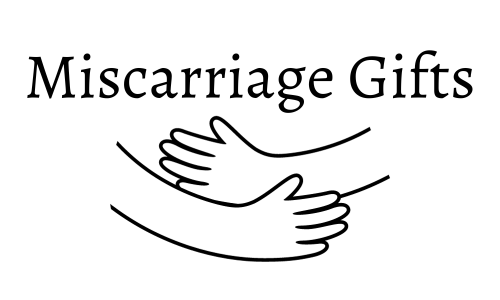Pregnancy and miscarriage are deeply personal experiences, each carrying a unique mix of emotions, dreams, and challenges. Deciding whether, when, and how to share these life events is a decision that belongs entirely to the mother (and, if applicable, her partner). This blog post explores the emotional and social nuances of sharing pregnancy or miscarriage news and aims to empower mothers to trust their instincts and prioritize their well-being.
One of the most empowering aspects of navigating pregnancy or miscarriage is recognizing your right to control your narrative. Whether you choose to share the news immediately, wait until a specific milestone, or keep it private indefinitely, your decision is valid. Every mother processes these experiences differently, and your emotional readiness should guide your choice. Sharing joyous pregnancy news might bring excitement, but it can also carry vulnerabilities, such as the fear of loss or unsolicited advice. Similarly, sharing the painful reality of a miscarriage can be a way to seek support or raise awareness but may also feel too raw to discuss openly.
Before making a decision, consider these factors: Your Emotional Readiness: Ask yourself how comfortable you feel sharing this news. Are you prepared for follow-up questions or potential reactions? Your Support System: Evaluate the strength of your support network. Sharing with trusted individuals can provide comfort, but not everyone may offer the sensitivity you need. Privacy Concerns: Think about the level of privacy you want to maintain. Once shared, personal news can spread beyond your control, so set clear boundaries. Cultural or Societal Expectations: While some cultures encourage open discussions about pregnancy and loss, others may view these topics as taboo. Reflect on how these norms align with your personal values.
Pressure from loved ones or societal norms can make you feel obligated to share your story before you’re ready. Set boundaries by politely but firmly letting others know that you will share information when you feel comfortable. Use prepared responses such as, “I’m not ready to talk about this right now, but I appreciate your concern.” Lean on trusted allies who understand your perspective and can act as a buffer between you and others.
If you’re a friend or family member, here’s how you can support a mother’s decision: Respect Their Boundaries: Avoid prying or offering unsolicited opinions. Offer Unconditional Support: Let the mother know that you’re available to listen if and when she’s ready. Be Patient: Understand that this is her journey, and she may need time to decide what feels right.
If you choose to share, consider these tips to ensure the process feels empowering: Choose Your Audience: Start by sharing with a small, trusted group before expanding to others. Pick Your Medium: Whether it’s a private conversation, a handwritten letter, or a social media post, choose a format that feels comfortable. Be Honest: Share only what you feel ready to disclose. It’s okay to keep some details private. Prepare for Reactions: While many will respond with compassion, others may unintentionally say something hurtful. Give yourself permission to step away from unhelpful interactions.
Ultimately, the decision to share your pregnancy or miscarriage news is deeply personal. Trust your instincts, honor your emotions, and prioritize your mental and emotional well-being. Whether you decide to keep it private or share widely, remember that your story and your healing process belong to you.
Choosing when and how to share the news of a pregnancy or miscarriage is a profoundly personal decision. It’s a choice that should reflect your needs, comfort, and readiness. Whether you choose to share immediately, wait, or keep it private, know that your decision is valid and deserving of respect. Surround yourself with understanding people, and trust yourself to navigate this journey in the way that feels right for you.
